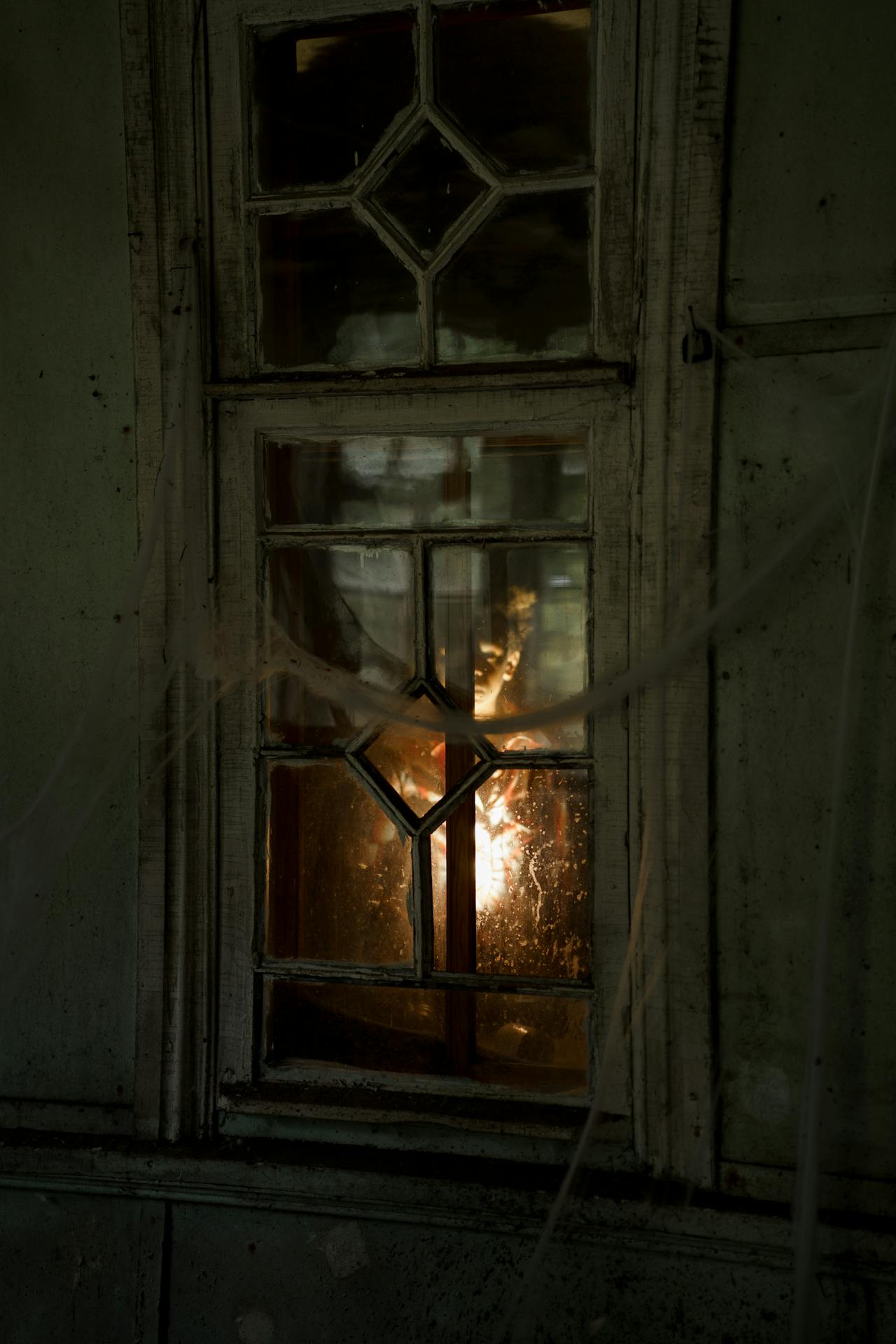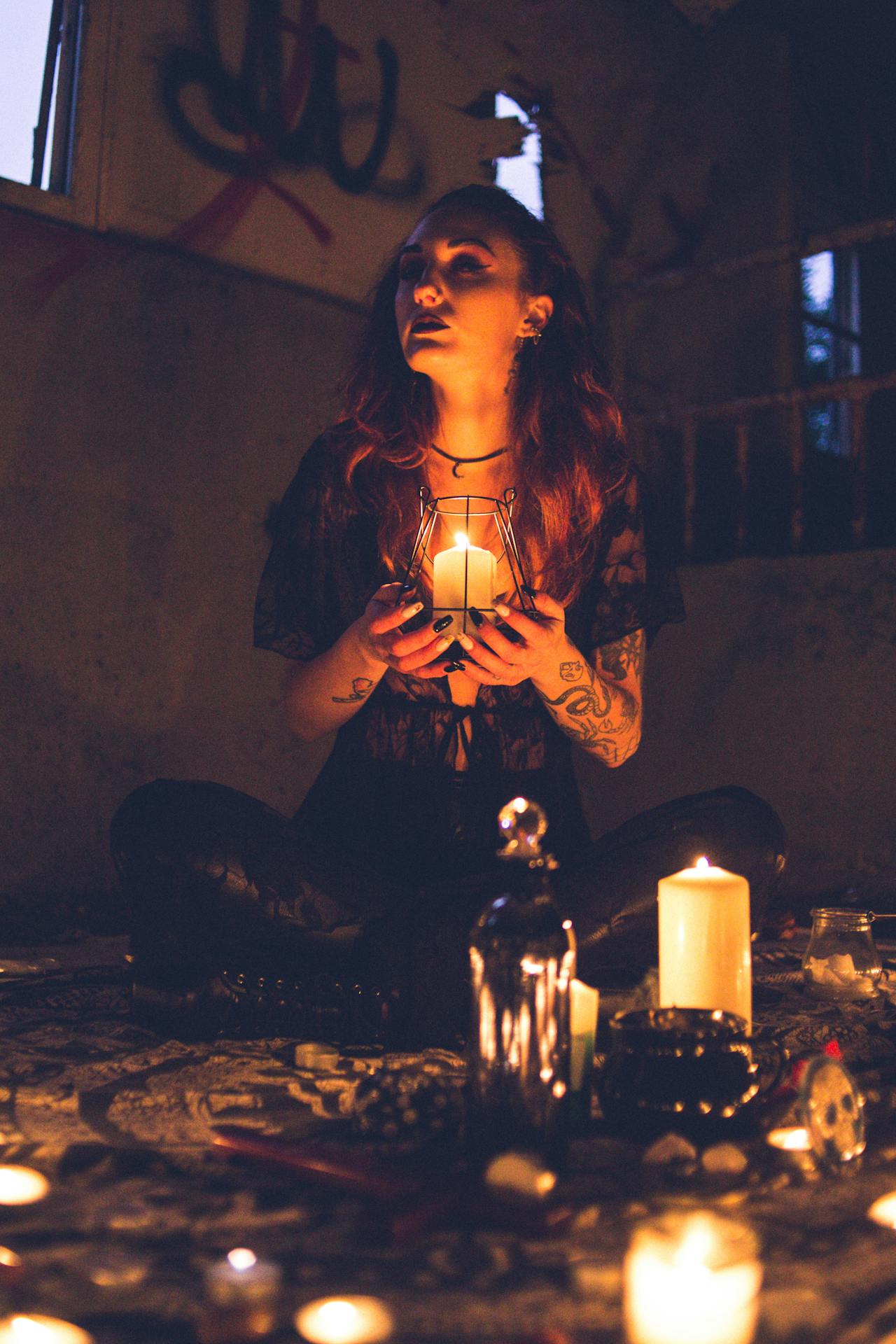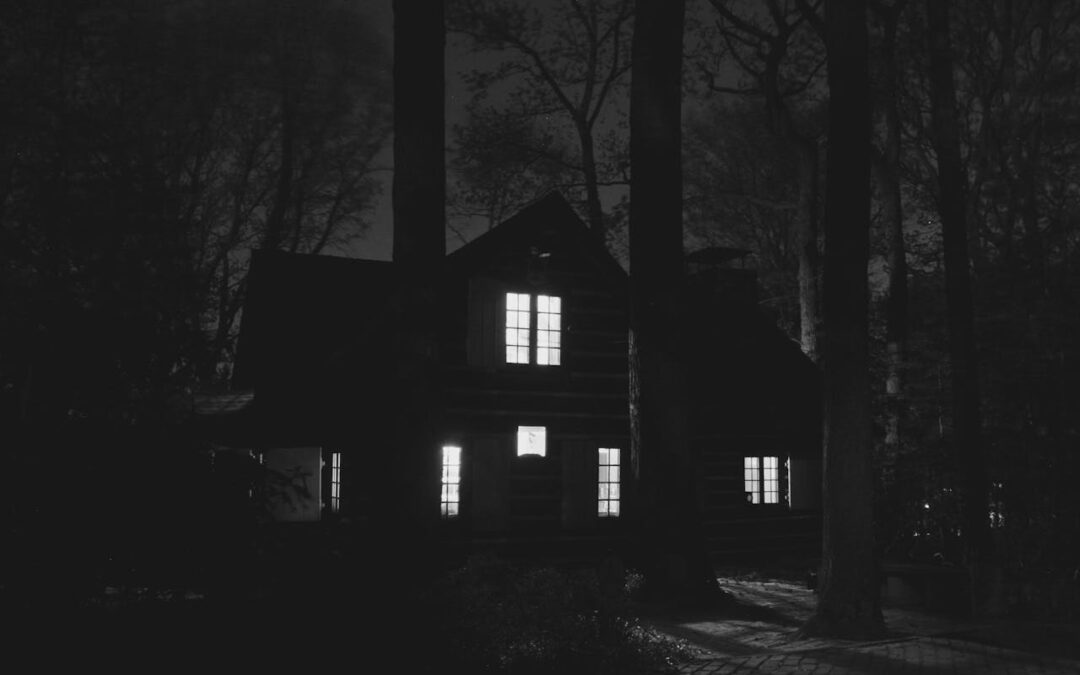Psychology and Pop Culture | Why do we enjoy horror?
We’re deep into spooky season. As a certified horror lover, I always look forward to October as an excuse to cozy up with a hot beverage and a scary book. And I’m not alone! From haunted houses to video games to horror movies, people will pay good money to be creeped out, spooked, or generally have the crap scared out of them.
We often go to great lengths to avoid scary situations in real life, and for good reason: It’s an evolutionary survival mechanism. So what accounts for the lasting popularity of horror?
We enjoy feeling strong emotions—in controlled doses.
Attraction to horror isn’t dissimilar to a love of roller coasters. It’s a thrill ride for your mind. People who enjoy horror are more likely to be sensation-seeking and enjoy novelty in other areas of their lives too.
The truth is, people seek out strong, “negative” emotions in our entertainment all the time—not just fear. Do you have a favorite movie or show that makes you sob like a heartbroken baby every time? (Don’t even get me started on the series finale of The Good Place.) We even seek out disgust in our entertainment sometimes. Think gross out humor, or watching reality tv contestants eat extreme foods to win a challenge.
As entertainment, horror allows us to experience the thrill that goes along with fear, in a way that’s consensual and in our control. We can always close the book or hide behind our fingers when a scary scene comes on.

Horror allows us to explore the darker side of the human experience.
As humans, we’re driven to understand and make meaning. When we’re faced with things we struggle to wrap our heads around, we often create stories to help us understand them.
Horror gives us space and permission to safely explore darker themes—like the fragility of our bodies, grief and loss, the cruel and depraved parts of human nature, or our mortality and questions about what happens after we die. Monsters (whether human or supernatural) represent these things that we fear. In horror, they’re often—but not always—overcome. Sometimes, horror is paired with comedy, a fun and potent way to ‘defang’ the intensity of fear.
Having a container for that exploration helps explain horror’s popularity among the general public. For some survivors, it can even be a tool to confront and process trauma. Horror can be a vehicle for catharsis and help people to rewrite their own traumatic narratives.

Still, not everyone is a fan.
If the thought of sitting through a horror film makes you want to run, you’re not alone. A recent survey of moviegoers in the US found that while 50% like or love horror, a full 46% dislike or hate it. Despite it’s popularity, horror is also the most hated genre by a wide margin.
Not all horror lovers are the same, either. I’ll watch creepy ghost girls climbing out of wells any day, but I can’t stomach the gore of the massively popular Saw franchise at all. The reasons and motivations we have for enjoying horror can influence the types of horror we like, and what we hate.
For some people, horror can even trigger PTSD-like symptoms, or exacerbate pre-existing PTSD. So follow your gut in deciding whether horror content is for you! There are plenty of cute, cozy, or gently spooky ways to celebrate the season without any scares required.
About the Author
Maya Borgueta, PsyD is a licensed clinical psychologist and the founder of Stella Nova Psychology. She specializes in women’s mental health with a focus on BIPOC, immigrant, and LGBTQIA+ communities. Her favorite horror movie is The Ring (2002) and her favorite read is Tarananive Due’s 2023 historical-horror masterpiece The Reformatory.
If you’re located in California or New York and would like to learn more about working with Maya, you can schedule a free, 20-minute consultation to get started.
Subscribe To Our Newsletter
Want more valuable mental health content? Keep in touch with Stella Nova by subscribing to our mental health newsletter. We share valuable tips and information twice a month, as well as periodic practice updates, upcoming events, and discounts.
When you sign up, you’ll also receive a copy of our free Preparing for Therapy mini-workbook to help you get ready to get the most out of your experience.



